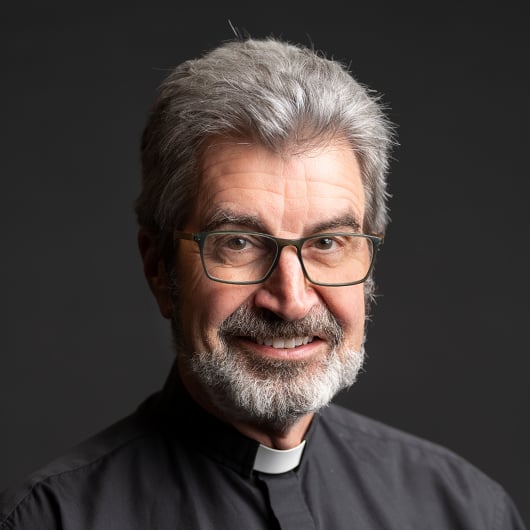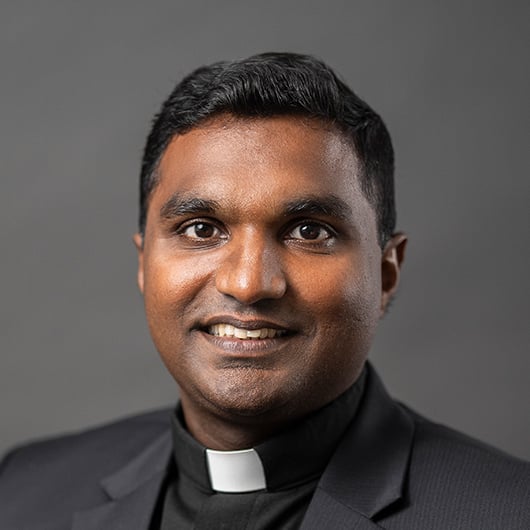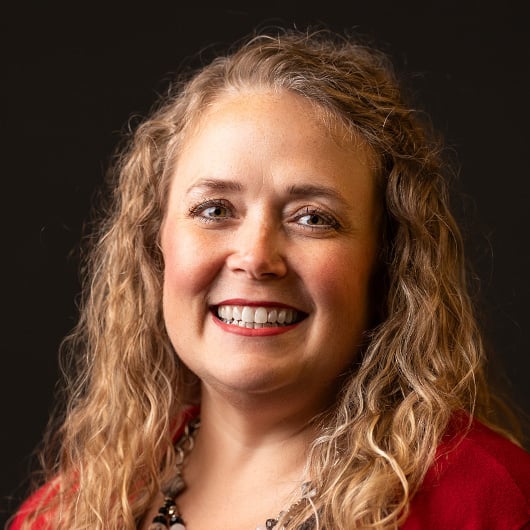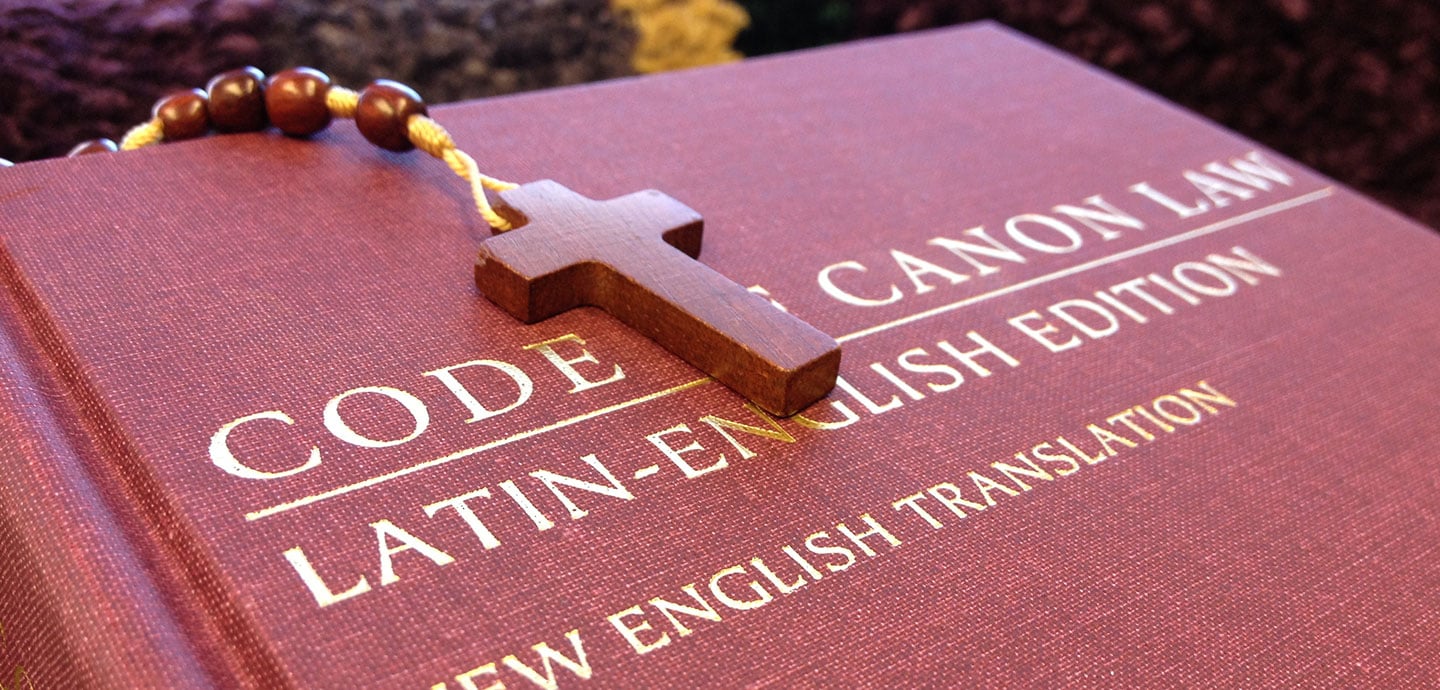English | Español
Frequently Asked Questions
We have prepared a list of questions that are frequently asked by visitors to our site before and during the Annulment process. Please look through the categories below. If you cannot find the answer to your question, feel free to contact the Tribunal at 817-945-9434.
Click on the sections below to expand them and view more information.
What is an Annulment?
A declaration of nullity, commonly called an annulment, is a statement by the Church that a union which appeared to be a marriage was not in fact the sort of binding union Christ called marriage.
Following the teaching of Christ, the Catholic Church believes that a valid, sacramental, (i.e., between two baptized persons), consummated marriage can be dissolved only by death. A Church declaration of nullity does not deny that the spouses had a wedding ceremony with real civil effects or that they loved each other. It does not deny that there was a real union between the spouses. It does say that that union, however real, lacked something essential to the kind of union Christ called marriage.
Why should someone petition for a decree of invalidity?
For many, a decree of invalidity will allow them to enter into new marriages recognized by the Catholic Church. Others find that working through the process can bring healing and closure, even if they do not currently have plans to marry. However, only those who hope to marry again in the Church or enter Holy Orders or religious life need to petition for a decree of invalidity.
How do I get started?
Call your parish Church and ask to make an appointment with the parish staff member or volunteer who handles marriage nullity cases. If you don’t know what parish you belong to, or your parish does not have someone who handles these matters, give us a call at the Tribunal: 817-945-9434.
How long does the process take?
It depends on the type of case you have and on the Tribunal’s caseload at any given time. You can assist the process by cooperating fully and promptly with the requests of the Tribunal and your parish-based Tribunal liason or volunteer. This includes providing necessary documents, addresses for the respondent and your witnesses, and your own testimony, in a timely manner.
Will a declaration of nullity make my children illegitimate?
No. A Church declaration of nullity has no civil effects and cannot be used to question a childs legitimacy. It will not change the terms of a civil divorce, or child custody and child support arrangements.
Which of my previous marriages "count" (and need declarations of nullity)?
Whether or not you were Catholic, the Tribunal will need to look at all previous marriages you or your spouse (Catholic or not) have entered, as long as the previous spouse(s) is still alive. In states where “common law” or “informal” marriages are recognized, those marriages must be addressed also.
Will my former spouse(s) be contacted?
Yes. By Church law we must let your former spouse know this process is occurring and offer him or her the opportunity to present testimony and to be involved in the process. Exceptions to this rule are extremely rare and require that additional information be provided directly to the Tribunal.
Can my former spouse(s) stop the process?
No. Your former spouse does not “grant” the declaration of nullity, the Church does. Your former spouse(s) may oppose the declaration of nullity, but ultimately it is not up to either of the parties to decide whether or not it is granted. We must offer your former spouse the opportunity to be involved. However, his or her failure to take the opportunity will not cause your case to stop, nor will his or her opposition to the process.
Do I need witnesses?
Yes. You will need to name witnesses who are able to speak with first-hand knowledge about your background, about your former spouse(s), your courtship and the beginning of your marriage. If you have any difficulties or questions regarding this, please contact the Tribunal at 817-945-9434.
If I am divorced but not remarried, and not living in a sexual relationship with anyone, can I receive Communion?
Yes. There is nothing preventing a divorced Catholic who has not remarried and is not living in a sexual relationship with anyone from receiving the sacraments of Eucharist (Communion), Penance (Confession), or Anointing of the Sick (Last Rites). You may also serve as a godparent for Baptism and a sponsor for Confirmation.
Is a Catholic who is divorced and remarried excommunicated?
No. The penalty of automatic excommunication was removed by Pope Paul VI in November 1977. However, a divorced and remarried Catholic who has not received a declaration of nullity from the Church regarding a previous marriage or marriages, or who has remarried outside the Church, may not receive the sacraments. A person in this situation is urged to begin the process to request a declaration of nullity as soon as possible to see if this situation can be remedied.
What is the fee for a declaration of nullity?
Among the reforms regarding the processes used to determine the nullity of marriage, the "Apostolic Letter Mitis Iudex Dominus Iesus of Pope Francis" has eliminated the fee for any type of petition brought before the Tribunal. Therefore, as of December 8, 2015, the Tribunal of the Diocese of Fort Worth, in compliance with this directive, will no longer assess a fee to petition for a Decree of Invalidity of any prior marriage(s).
However, in some cases the opinion of a Court Appointed Expert may be required. The Expert, who is a licensed professional counselor with a Ph.D., is asked to evaluate the testimonies presented and the petitioner is asked to bear the cost that the Expert charges, usually $150.
Contacts:

Very Rev. Timothy Thompson, JCL
Judicial Vicar

Rev. Sam Ferix Antony Jesu Antony, SAC
Adjutant Judicial Vicar

Cheyenne Marrinan
Office Manager
817-945-9434

Marisol Castrellon
Chief Notary
817-945-9431

Dagcy Castañeda
Ecclesiastical Notary
817-945-9435
Nihil Obstat, Sanatio & Lack of Form
The Diocese of Fort Worth is dedicated to a Safe Environment. We offer extensive and mandatory training for all employees and volunteers. Please contact the Safe Environment office if you need assistance or to report an abuse or concern.
Broken link or website issue?
